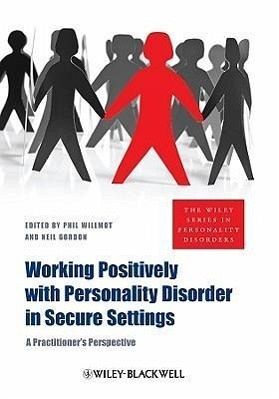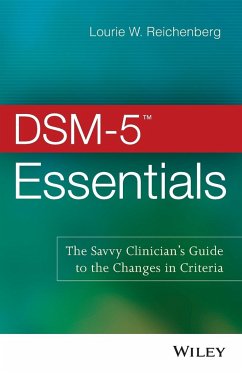Nicht lieferbar

Working Positively with Personality Disorder in Secure Settings
A Practitioner's Perspective
Versandkostenfrei!
Nicht lieferbar
Personality disorder is primarily manifested in interpersonal relationships; therefore, to effectively treat people with personality disorders, it is essential to consider the organisational dynamics and personalities of therapists and other staff. Working Positively with Personality Disorder in Secure Settings presents a practical guide for experienced practitioners and students working with personality disorder in criminal justice and mental health settings. It contains chapters written by forensic and clinical psychologists, nurses, therapists and patients based at one of the longest establ...
Personality disorder is primarily manifested in interpersonal relationships; therefore, to effectively treat people with personality disorders, it is essential to consider the organisational dynamics and personalities of therapists and other staff. Working Positively with Personality Disorder in Secure Settings presents a practical guide for experienced practitioners and students working with personality disorder in criminal justice and mental health settings. It contains chapters written by forensic and clinical psychologists, nurses, therapists and patients based at one of the longest established specialist forensic personality disorder units in the UK, Rampton Hospital. As well as dealing with therapy and therapeutic relationships, the book offers a whole service approach, addressing issues such as supervision, workforce development, treatment evaluation, team dynamics and managing boundaries. It also includes a powerful and perceptive account by a former patient who describes his seven-year journey through the service; this account provides important insights into what it is like to be on the receiving end of treatment, and also illustrates many of the key principles described in the book. Working Positively with Personality Disorder in Secure Settings provides a positive, compassionate and evidence-based guide to working with this challenging and marginalised group.













